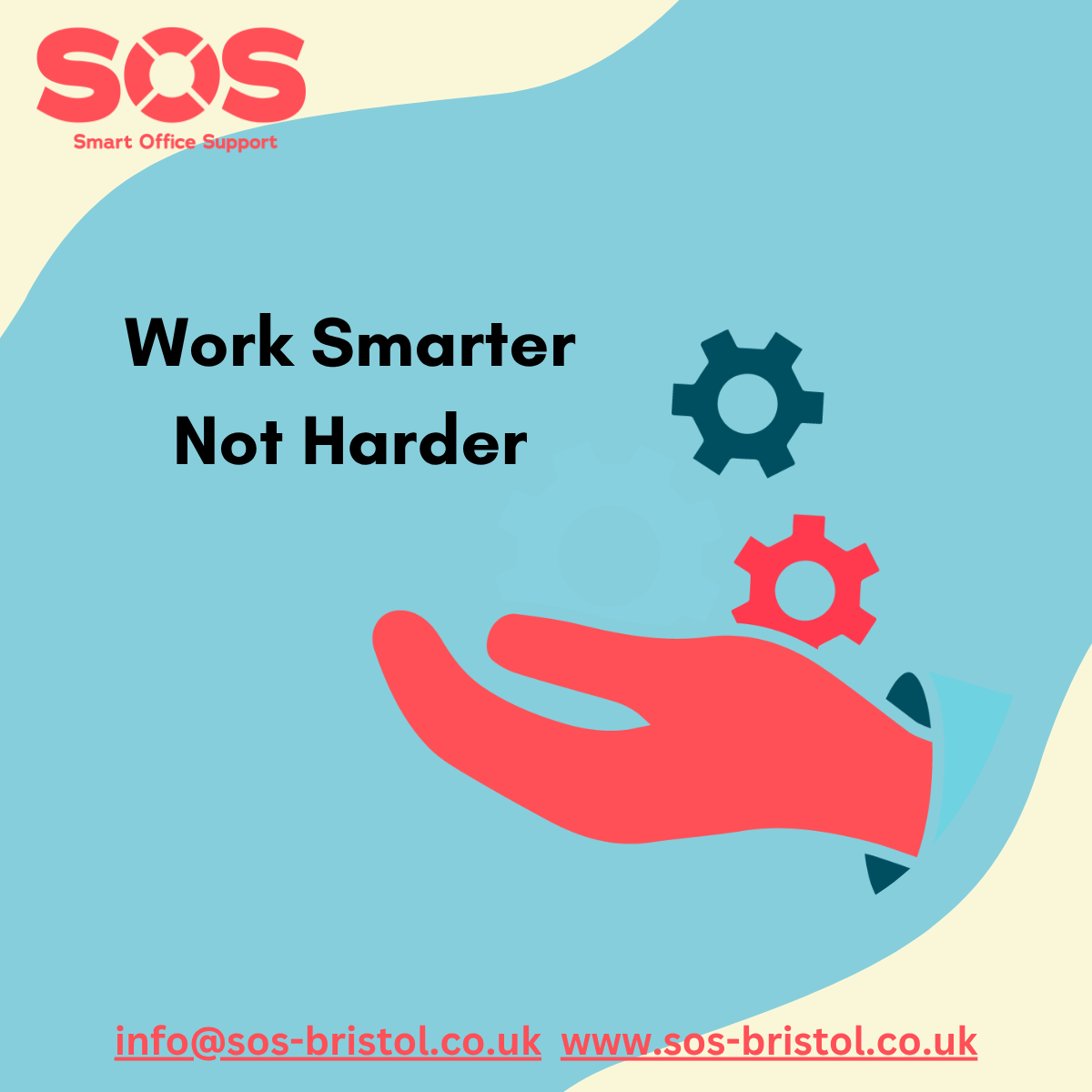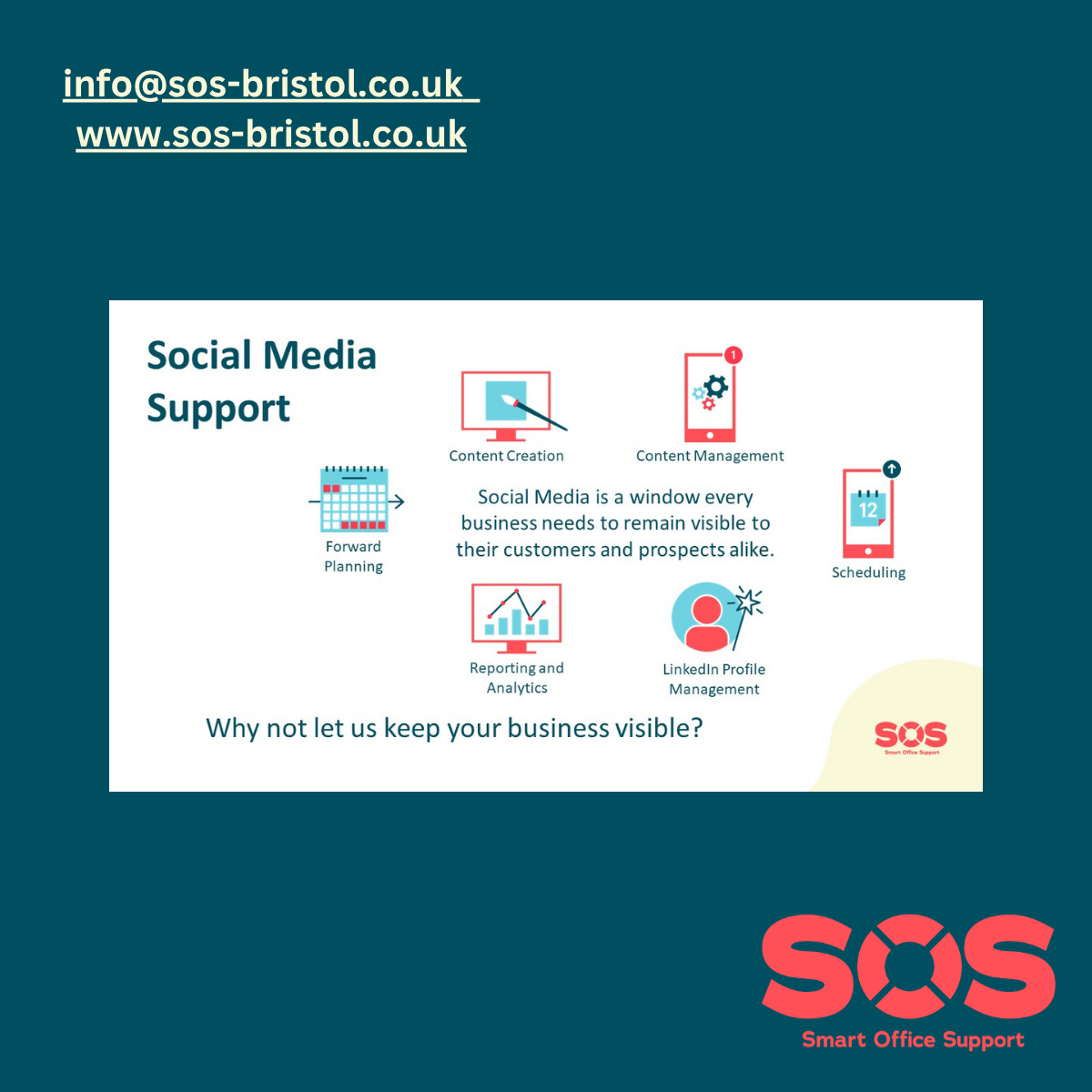If you want to make sure you don’t forget anything, it helps to use a diary, calendar, planner or scheduler. When you don’t have one, which ever format you use, how can you keep track of where you need to be and when or if you’re available? How will you be able to plan ahead or prepare for up-coming meetings and project dates?
Most people DO have a calendar or diary of some sort. A few have one but don’t really use it or they do but don't stick to it. Even fewer don’t have one at all! At the other extreme, a few people are juggling too many - one for work, one team/company calendar, a personal one and one for family events.
Which one are you?
If you don’t have or use a diary or calendar, you’re more likely to forget appointments or meetings when you’re trying to hold everything in your head and don’t write it down. However good you think your memory is. And I’ve heard that said “Oh, I don’t need one, I can remember what I need to do”.
Now it might be an age thing - but for me, if it’s not in the diary, it’s more likely to get forgotten!
Some people feel too restricted by a diary or resist using one. While not planning frees you up to be spontaneous, you can take advantage of opportunities as they occur, this doesn't work for most people. There’s a balance between having a structure to plan your time and having flexibility to adapt and change.
Use your diary!
How ever you prefer to plan, the important thing is you do it.
Whether it’s a snazzy, pre-printed planner with different sections, quotes, affirmations and fancy images. A simple diary or a notebook, like I used for years, or an app on your phone or computer.
It’s really up to you and how you work but there are a few things to consider.
🆘 Use your diary for more than just booking meetings.
🆘 Use it to plan out time for your tasks.
🆘 Set automatic reminders.
🆘 Block out time for preparation and project work.
🆘 Use repeating time-blocks so you don’t have to plan your time each week.
Have everything in one place - work and personal so important dates and commitments don’t get missed or forgotten. If this is tricky with a shared work or group scheduler, check them regularly to keep them up-to-date and in sync.
Aim to keep everything together, meeting commitments, tasks, notes. Avoid having the information in too many different places, on post-it notes, on your phone, different diaries and notebooks. I’ve known people have different notebooks for different things or they start a new one because they can’t find the one they were using and then lose track of what’s where or lose one altogether.
However, as a Virtual PA, I do have different notebooks for clients, so that I can ensure that I have everything in one place.
When you plan things out it’s easier to see how much time you have available (or not).
Paper or digital?
Again, this comes down to personal preference and how you work.
Paper
When you write things down you’re physically engaging more of your brain and senses. You feel more connected. When making a note of a new meeting, it’s often easier and quicker to flick to the relevant page and write it down there and then, than open up an app, enter the details, confirm ... although apps and technology are getting better, more intuitive and easier and quicker to use and voice commands can save a lot of time.
🆘 You’re more likely to remember things when you write them down.
🆘 Referring to your paper diary each day makes it easier and more likely you’ll remember without a reminder alert popping up.
🆘 Writing makes it easier to filter and focus on relevant information and puts things in perspective.
🆘 A paper diary gives you a break from endlessly staring at a screen, whether it’s your computer, smartphone or tablet.
Digital
Whether it’s an app or calendar, using a digital diary makes it easy to share and sync across various devices.
🆘 You can set up automatic reminders.
🆘 Link to other tech you’re using e.g. your to-do list, CRM system, etc. Most of us have smartphones which we have with us most of the time, so that might be easier than carrying around a paper diary.
🆘 Choose a diary/calendar that gives you the features you need and one’s you’ll use. Get into the habit of using it on a daily basis so it's up-to-date.
I never thought I would let go of my paper diary but I have.
My digital calendar is sync’d across all my devices, so it's quick and easy to check while on the move or away from the office. It also means that my husband and Associates can have access so that they know what I am doing and are able to book time in if they need to.
I do, however, have a wall planner that has all the non-moveable dates on it, so I can see at a glance how my year looks.
As already mentioned, I do have notebooks for my client work because I prefer writing things down and not always having to look at the screen. It is also where I have my to-do list and notes.
What’s your preference - let me know in the comments?




















































.jpg)




